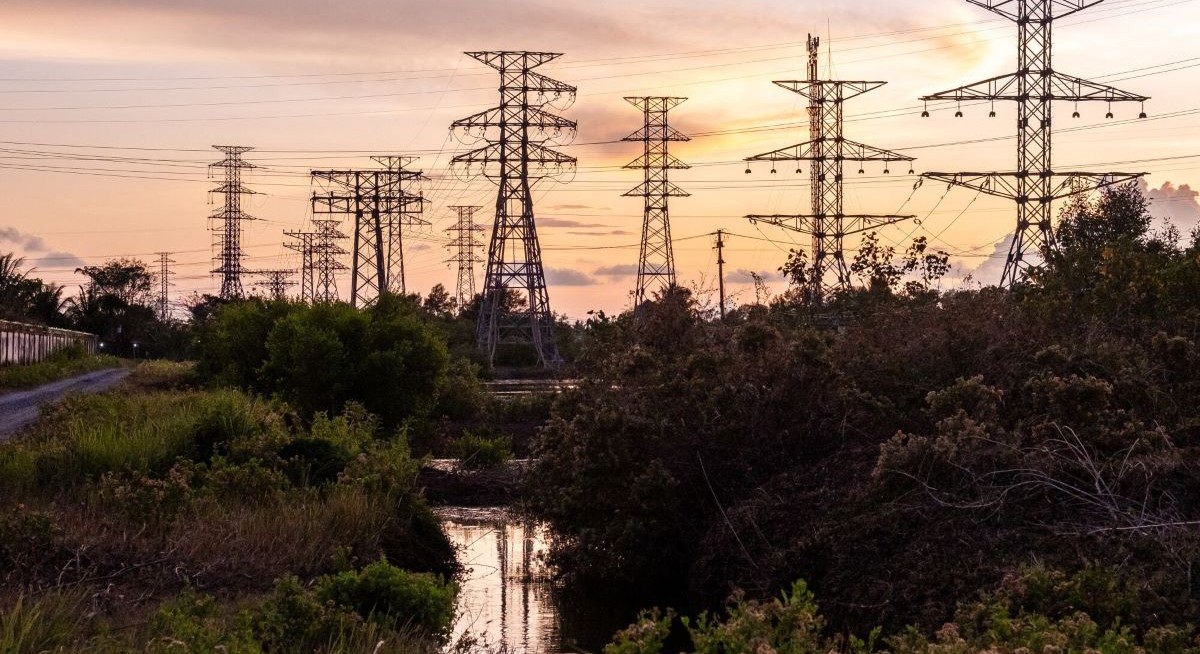“Utility companies and companies that supply the electrification and the grids are a lot more interesting for us,” said Kenneth Tang, a portfolio manager at Nikko Asset Management.
Southeast Asia’s relatively low production cost and strong position in the global semiconductor value chain is adding to the region’s appeal as the next hub for data centres. That’s a turnaround for the region once shunned by investors for its lack of technology exposure.
While the earnings contribution from AI remains to be seen given that the technology is in its early days, the upside potential is huge, analysts said. The region is poised to become the world’s second-largest non-US data centre provider behind China by 2027, according to Morgan Stanley, which sets the stage for a multiyear growth cycle for firms in the supply chain.
See also: Nvidia-backed AI startup gets US$10 bil in Blackstone-led loan
Here’s a list of several Southeast Asian stocks that analysts said are best positioned to ride the AI boom.
YTL Power
Shares of Malaysian utility firm YTL Power International Bhd. have doubled since it signed an agreement with Nvidia Corp. to build a US$4.3 billion AI data centre in the state of Johor.
See also: Microsoft’s new programme targets faster AI rollouts in Singapore
As the only new data centre operator in the Southeast Asian country with a captive 500MW solar power supply, the firm “should stand out to customers who want clean energy, and capacity fast,” Macquarie Group Ltd. analysts including Charles Yonts wrote in a note last month.
Tenaga Nasional
Tenaga Nasional Bhd., the sole grid operator in Malaysia, will be “the largest beneficiary of growth in Asean data centres,” Morgan Stanley analysts including Mayank Maheshwari wrote in a note dated May 15. Robust power demand will help double the firm’s profits in three years, they said.
The firm expects electricity demand from data centres to exceed 4,300MW by 2035. Tenaga’s push into renewable capacity will also add to its attractiveness. The stock has jumped 32% so far this year.
Delta Electronics
Delta Electronics Thailand PCL, a leading power module supplier for data centres and electric vehicles, “is a key beneficiary of the upcoming AI data centre being built out in Asean given customer requests for supply chain resiliency” and cooling solutions, said Wern Juan Chng, a technology analyst at HSBC Holdings Plc.
The firm in March expanded its manufacturing capacity for electronic products and is building new factories to produce components for the automotive, cloud computing, data centre and AI segments. While that may help earnings growth, the stock lags the Thai equity benchmark, suggesting there is room to catch up.
To stay ahead of the latest tech trends, click here for DigitalEdge Section
Gulf Energy
Thailand’s Gulf Energy Development PCL is another power producer expected to benefit from growing electricity demand and expanding data centre infrastructure. The company “is well established in the energy and infrastructure business, with a portfolio of green energy projects in domestic and international markets and an extensive business network,” Morgan Stanley analysts said.
Gulf is looking to ramp up its data centre capacity, with the first phase slated for completion in March next year. It is also partnering with Singapore Telecommunications (SGX:Z74
FPT
Shares of FPT Corp., Vietnam’s biggest listed technology company, have rallied nearly 40% this year, partly due to optimism over its partnership with Nvidia. The software and telecommunications firm is expected to post earnings growth of greater than 20% over the next two to three years, according to Ruchir Desai, a fund manager at Asia Frontier Capital Ltd.
Efforts to deepen strategic ties between Vietnam and the US will also help support the Southeast Asian country’s move up the technology industry value chain, which bodes well for FPT.



